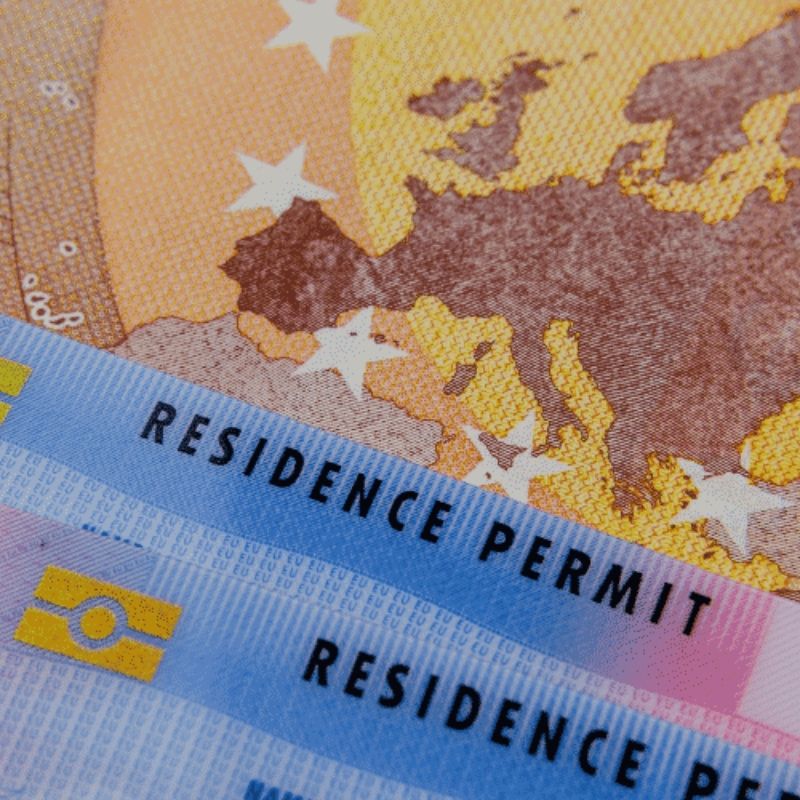Benefits of EU Residence Permit
Introduction to The European Union
The European Union is a political union of European states (27 countries). Confusingly, the EU is made up of some, but not all of Europe's 44 countries.
Even more confusing when you realize this is also not the same as the Eurozone - the group of countries that use the Euro as their base currency (20 countries).
Then you also have the Schengen Area - the group of countries that have decided to share a visa zone, which usually amounts to free movement (27 countries, coincidentally, although not all the same 27 as the EU members).

So, there's a lot going on!
The focus of this article is on the benefits of being resident in any one of the 27 member states of the EU, which, by its constitution, guarantees you free movement between your resident EU country and the other 26 EU member states.
What Is a Residence Permit?
Highlights:
- Right to live and work in that host country - almost the same rights of citizens
- Not the same thing as a passport
- It gives you access to EU countries
- Does not mean you can go and live in another EU country
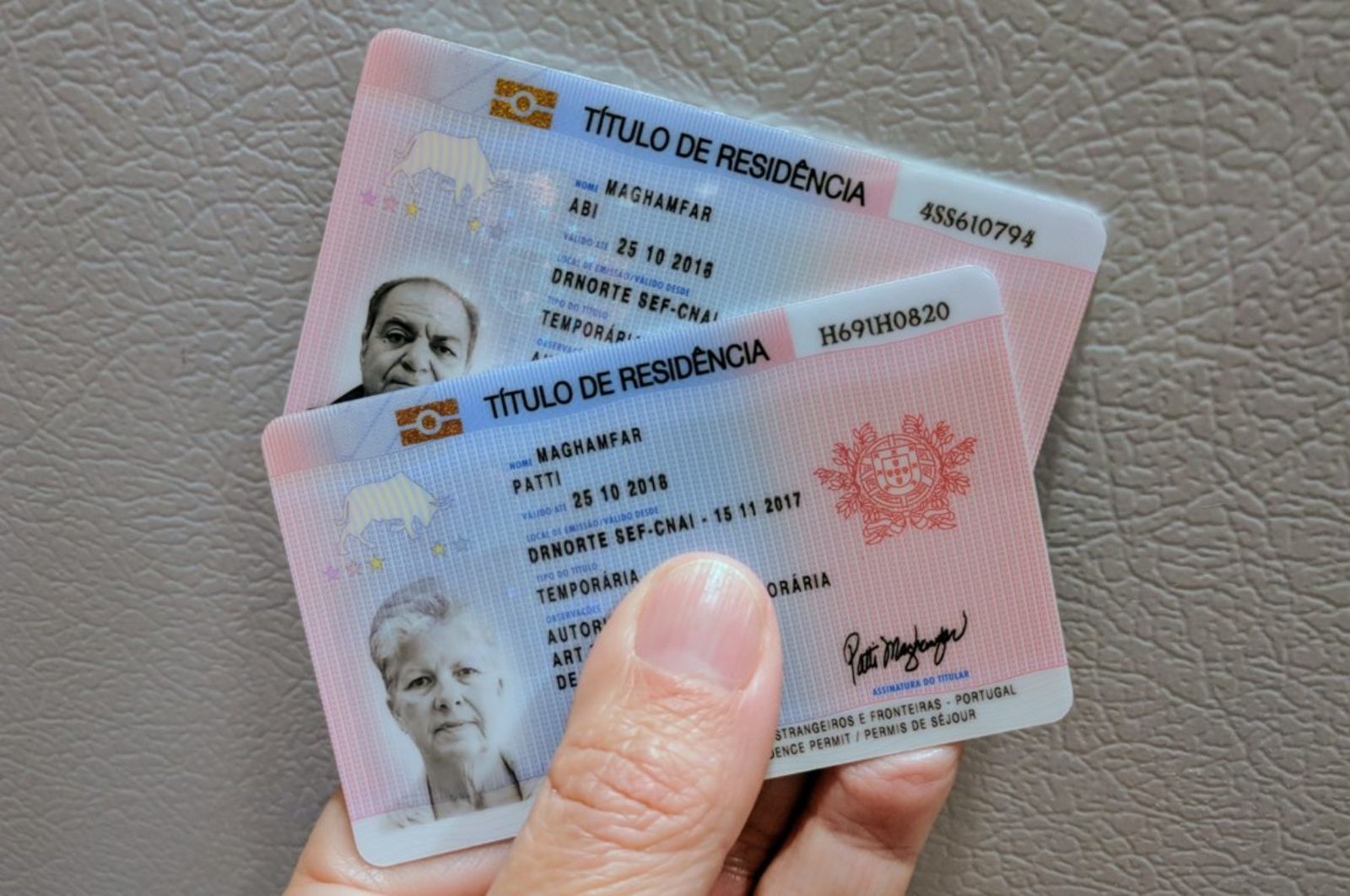
An EU residence permit is an official document issued by the country’s authorities that verifies that you have permission from them to live there for a certain period of time.
Although it does not give you the same rights as those given to citizens, it does provide you with certain advantages, such as the right to work legally within your country of residence and access to public services such as healthcare, education, and social security.
In order to obtain a residence permit in an EU country, there are several eligibility criteria that need to be fulfilled. Generally speaking, non-EU citizens must show proof that they have enough money at their disposal (financial means) while residing in that country. Applicants must also prove their identity by providing identity documents such as a valid passport or a valid ID card and demonstrate why they want to stay there by providing an explanation letter stating their purpose for staying in that country (e.g., study, job search).
Additionally, some countries may require applicants to pass language tests before being granted a residence permit or even attend integration courses where they can learn about history, culture, or society-related topics from their host nation.
However, this requirement may vary depending on each nation’s laws so it is always important to check what specific requirements need fulfilling before applying for residency in any particular EU state. Obtaining permits from different EU countries can also vary greatly due to different procedures required by each individual nation’s immigration laws and policies.
For instance, some governments offer permanent EU residence permit visas while others only grant temporary residence permit visas with an expiration date, some prefer applicants who already hold jobs when applying for permits whereas others do not care whether applicants are employed or not when submitting their applications.
In addition, this process can also involve additional costs depending on each country’s regulations, such costs include visa application fees or processing charges which may need covering prior to submitting applications.
Overall though holding a residence permit provides plenty of advantages that help make living abroad easier including reduced/exempted taxes when working abroad, accesses to numerous public services like healthcare, the ability to purchase property without facing restrictions imposed upon non-residents, etc… All these factors make obtaining a European Residence Permit worthwhile for those looking to establish themselves abroad permanently or temporarily within Europe.
Is Having an EU Residence Permit and a European Passport The Same?
Having a residence permit in Europe versus a European passport has several key differences. The main one being that a residence permit only grants the holder certain rights and privileges within the EU country in which it is issued. This means that holders of a residence permit do not have unrestricted access to all other EU countries - they can not live or work in any of the EU member countries.
However, after some time being a resident, you might become eligible to acquire dual nationality through residence programs offered by select countries within Europe, which would grant you a European Passport.
And then, as a citizen of an EU country, you would have more rights and privileges than the ones granted to you through the residence permit. These rights include the ability to work and live in any of the EU member countries, as well as access to public services such as health care.
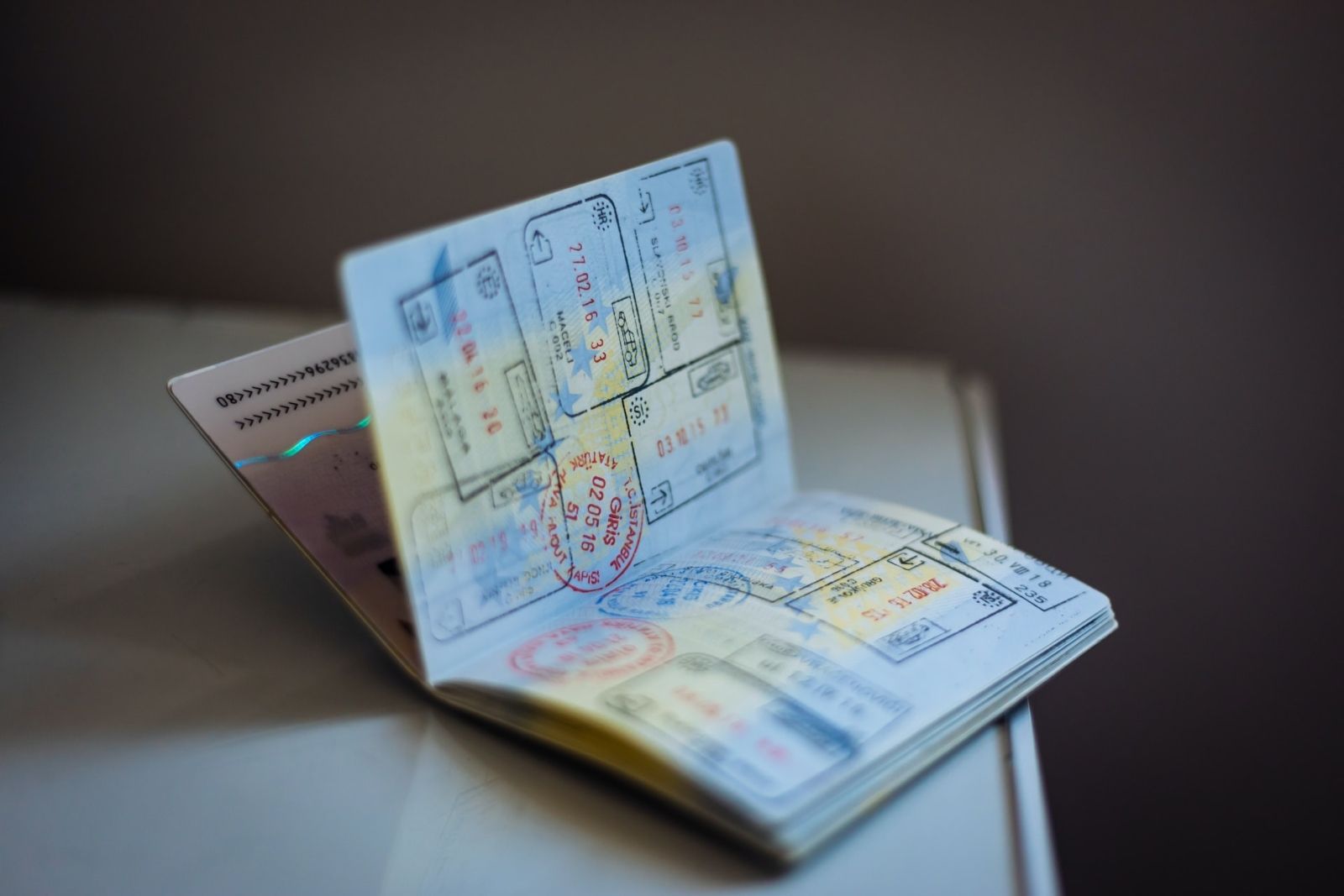
The Benefits of a European Residence Permit
The European Union is a powerhouse of economic success, with its single-market system allowing for the free flow of goods and services throughout the region. The union's economies are now some of the most advanced in the world and are highly sought after by investors, businesses, and individuals.
It is well-known for its commitment to peace and stability among its member states. This is reflected in the EU's support for economic and social development, as well as the adoption of a wide range of measures to promote political dialogue and cooperation. The EU has a long history of providing assistance to countries that are facing conflicts.
The EU is renowned for its robust political and judicial systems, which are designed to protect the rights of citizens and promote prosperity among EU member states. The EU is committed to the rule of law and operates in accordance with international human rights standards. This includes ensuring that all individuals have access to justice, a fair trial, and equal protection.
How To Get a Residence Permit?
In Portugal, where this writer resides, there are several residence options. They're extremely popular, largely because they're easy to get - and you can bring your family members if they are eligible!
Some of the most popular are the D2, D7, and Digital Nomad visa. All of these involve the applicant living in Portugal for more than half the year.
The most talked about sort of residence visa is, without a doubt, the Golden Visa program. Not only because of its well-marketed name but also because the rules are relaxed for applicants, in exchange for some kind of financial transaction.
In most countries, this includes some kind of non-refundable payment to the government. In Portugal, however, the full amount invested can be recouped, with profits.
How To Apply For a Residence Permit?
This will depend on which kind of visa you are searching for. The best-placed people to advise on this are Portuguese lawyers. Take a look at this list.

What Is an EU Permanent Residence Permit?
A permanent EU residence permit is a form of long term EU residence permit given to non-EU citizens who have lived and worked within the European Union for more than 5 years. A permanent residence permit allows individuals to take advantage of certain benefits, such as the right to travel and work freely in any EU country, access to public services.
Which Are The Benefits?
A permanent EU residence permit in Europe offers a range of benefits to its holders. The right to travel and work freely within any EU country is one of the most attractive advantages. Holders of a long-term EU residence permit are not subject to restrictions on movement, work or study between EU countries.
Do I Need Visa if I Have EU Residence Permit?
If you hold a temporary residence permit, you need visa to access other European countries. But if you hold a permanent residence permit, you can travel to all Schengen states without a visa (UK not included).
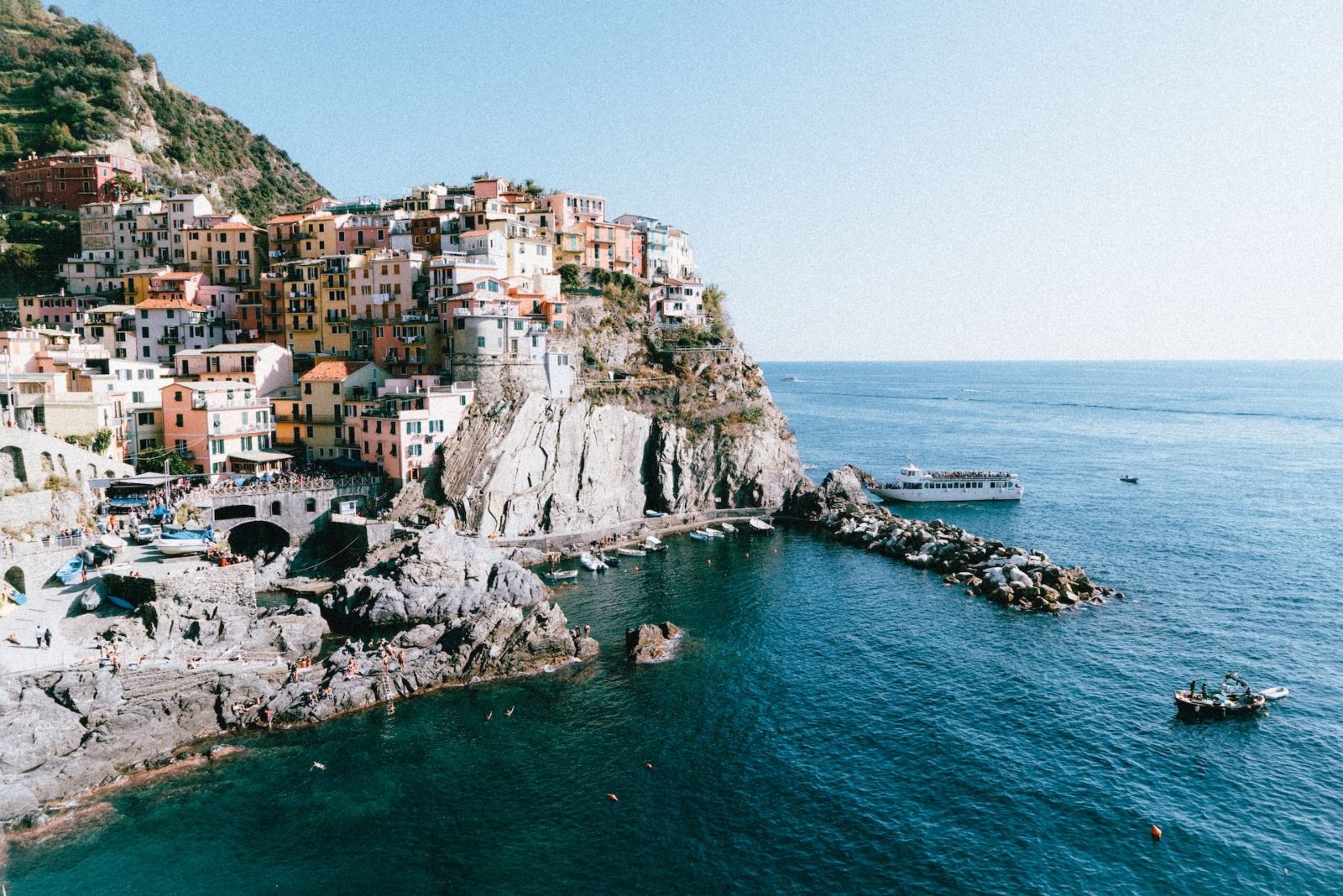
Which European Country Gives Permanent Residence Easily?
Portugal! In only 5 years!
The Golden Visa program in Portugal offers a unique opportunity for non-EU citizens to obtain a permanent residence permit easily. With this scheme, an investor can gain access to the Portuguese market, residence, and the right to live and work anywhere in Europe by investing in funds or real estate in Portugal.
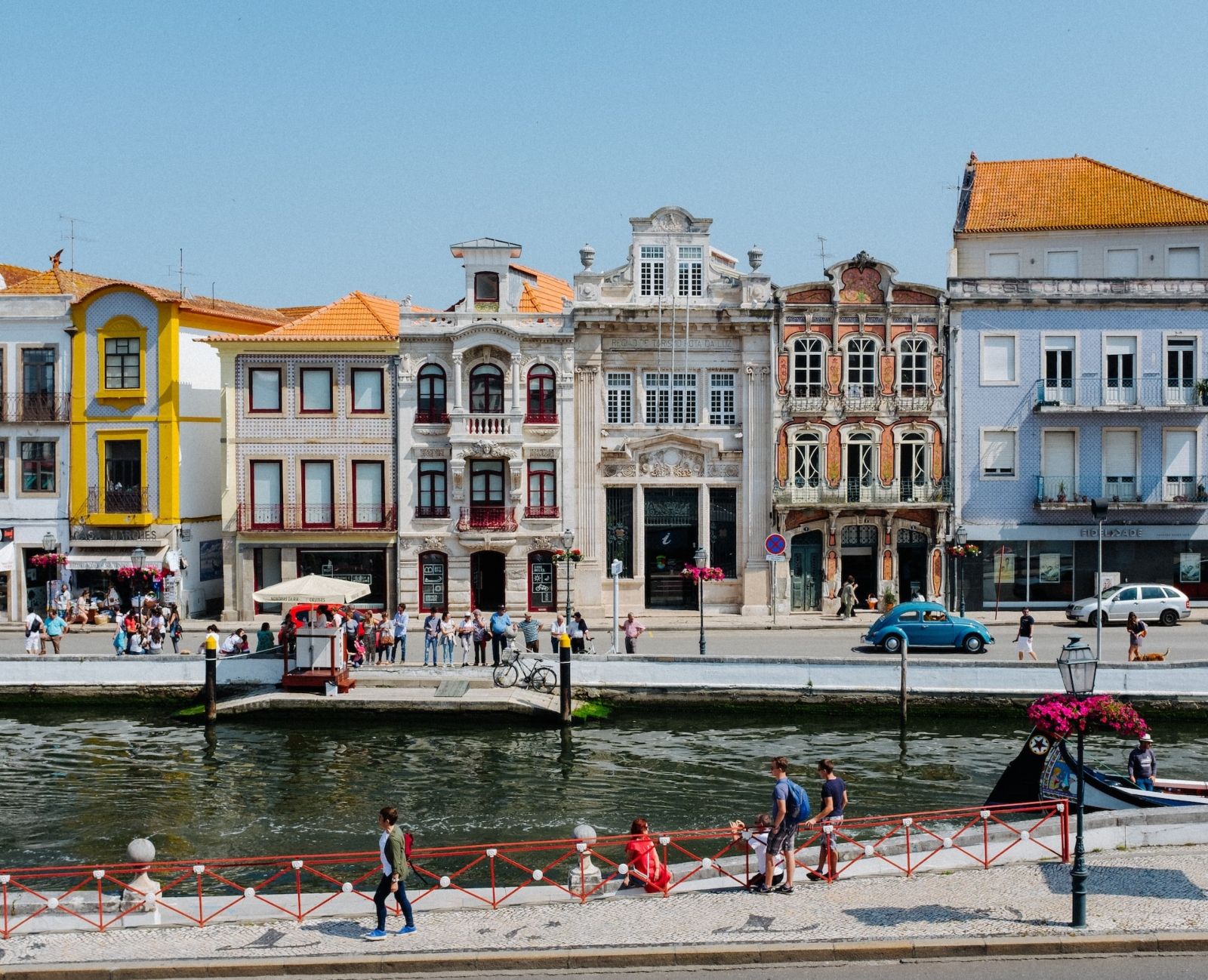
Portugal's Non-Habitual Residency Program
In addition, the Portuguese government has some of the most favorable tax programs in the world for foreigners who move to Portugal and become residents here. One such program is the Non-Habitual Residency (NHR) program which allows individuals to benefit from a more advantageous tax framework when they take up residence as an NHR taxpayer in Portugal.

Other Key Facts About Portugal
Portugal is an incredibly diverse and vibrant nation with many interesting facets to explore. From its stunning natural landscape, vibrant culture, rich history and delicious cuisine, there are plenty of points of interest and activities to explore in this beautiful country.
When it comes to culture, Portugal offers a wide range of cultural activities and festivals throughout the year. From music and theatre performances to cultural exhibitions and art galleries, there's something for everyone. The most famous of Portugal's cultural events is the Festa de São João in Porto – a celebration that dates back centuries where thousands gather from all over the world to enjoy fireworks, music, dancing, parades and more.
When it comes to history, Portugal has a long and complex past. Through the centuries Portugal has gone through many changes both politically and economically yet it still maintains much of its traditional values today.
Weather-wise Portugal enjoys mild temperatures year-round with hot summers along the coastlines and cooler weather in mountainous regions such as Serra da Estrela or Serra do Marão. The southernmost region of Algarve is generally warmer during winter months while northern regions may experience colder temperatures. Abundant sunshine hours can be found throughout the country making it an ideal place for beach holidays or hikes in nature reserves away from urban crowds.
Food-wise Portuguese cuisine has traditionally been heavily influenced by Mediterranean flavours as well as nearby countries such as Morocco or North African cultures. The staple diet includes lots of fish dishes combined with potatoes, rice or vegetables accompanied by fresh salads.
Overall Portuguese cuisines offer a unique blend of flavours that are sure to delight any palate - making your visit memorable no matter where you travel within this beautiful Mediterranean country!

If Portugal is the best choice for you, you are in the right place! Contact us today and get started with your visa process.
